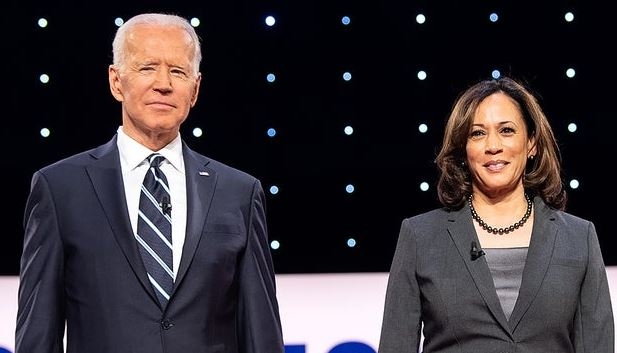The United States Department of Energy has issued a Request for Information (RFI) for new Home Energy Rebate Programs and has also announced new guidelines that will allow local, state, and tribal governments to begin the application process for funding through the Energy Efficiency and Conservation Block Grant (EECBG) Program.
More than 250 million people throughout the United States might benefit from the EECBG Program’s clean energy projects and initiatives in their local communities, as it is now accepting grant applications for a total of $430 million in formula grant money from the Bipartisan Infrastructure Law.
The Department of Energy (DOE) also issued a request for information (RFI) in which it sought input on nearly $9 billion for the Home Energy Rebate Program. This program is funded by President Biden’s Inflation Reduction Act and will provide record-breaking funding to assist American homeowners in lowering their energy costs through increased energy efficiency and the electrification of home appliances and equipment. Together, these programs will provide cash to the states, Tribes, and other organizations to assist homes and communities around the country in the transition to clean energy and to realize the objective of the United States of America to achieve a net-zero economy by the year 2050.
Jennifer M. Granholm, the Secretary of Energy for the United States of America, said that “Our states and towns are at the vanguard of the clean energy revolution and are important touchpoints with our nation’s consumers and companies.” “With historic funding thanks to President Biden’s clean energy laws, more Americans will have easier access to realize cost savings through state-administered home energy rebates and community-centered energy efficiency and electrification programs.” Clean energy laws “will enable more Americans to realize cost savings through state-administered home energy rebates and community-centered energy efficiency and electrification programs.”
This assistance is being provided via the EECBG Program. Today, DOE released applications and gave instructions for the grant application process, as well as information on how communities may optimize program spending to best serve the unique requirements of each community. Applications can be found here. This adaptable source of funding from the EECBG Program is available to communities for a wide variety of projects, including the creation of a clean energy strategy with measurable goals, the improvement of the energy efficiency of buildings and streetlights, the establishment of bike lanes, the installation of renewable energy on government buildings, the funding of a community solar campaign, and the development of zero emissions building codes.
The Department of Energy (DOE) will host a series of webinars beginning on January 25, 2023, to provide technical guidance on the application process, tips for making the most of EECBG Program funding, and strategies for building a clean and equitable energy economy that prioritizes disadvantaged communities. These webinars are being held to provide participants with additional information regarding the EECBG Program. The submission deadline for state applications is July 31, 2023. The submission deadline for applications to represent local governments and tribal governments is January 31, 2024.
In addition, the Department of Energy (DOE) released a request for information (RFI) for the Home Energy Rebate Program. This program is part of a new set of initiatives that will be supported by the Inflation Reduction Act and will total almost $9 billion. These initiatives will offer money for states, territories, and Tribes to design, execute, and expand domestic energy efficiency and electrification projects in U.S. households. This will save customers an estimated $1 billion yearly in energy bills. The deadline for submitting comments to the RFI has been set for the evening of March 3, 2023, at 8:00 p.m. ET.
The Department of Energy (DOE) is supervising the administration of these programs via its Office of State and Community Energy Programs, and it is trying to guarantee that no communities are lagging in the transition to a future powered by sustainable energy. These projects are in line with President Joe Biden’s Justice40 Initiative, which aims to ensure that forty percent of the total benefits of investments in clean energy make a difference in areas that are energy burdened and have traditionally been neglected. Visit the websites of the EECBG Program or the Home Energy Rebate Programs for further information about the subject.
